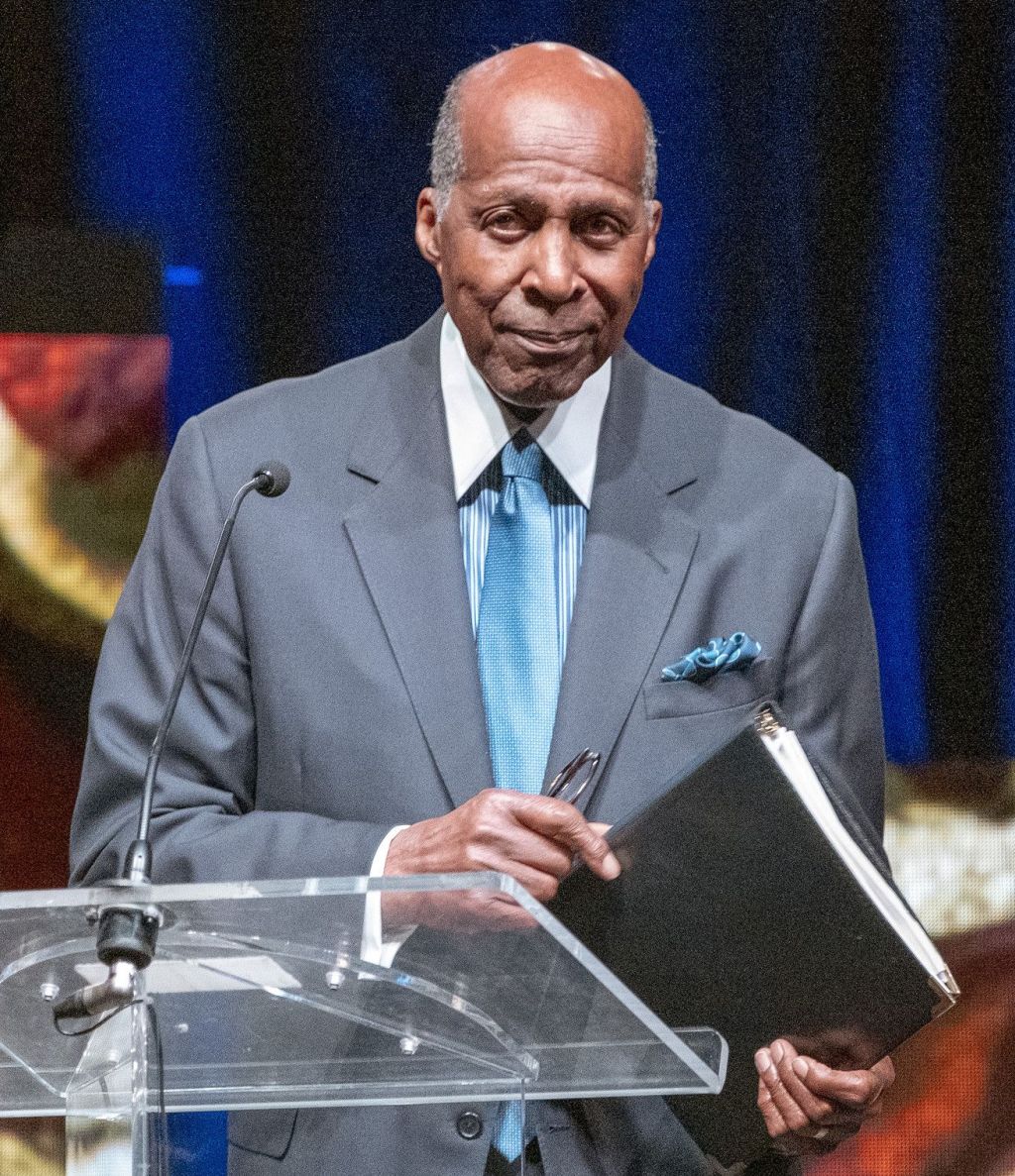Authors:
Historic Era: Era 10: Contemporary United States (1968 to the present)
Historic Theme:
Subject:
Spring 2021 | Volume 66, Issue 3


Authors:
Historic Era: Era 10: Contemporary United States (1968 to the present)
Historic Theme:
Subject:
Spring 2021 | Volume 66, Issue 3
Editor's Note: Peter Osnos was a reporter at the Washington Post and a prominent book editor and publisher in New York. He founded PublicAffairs Books in 1997 and served as its Publisher and CEO until 2005. Mr. Osnos worked with Vernon Jordan while at PublicAffairs, and adapted the following essay for American Heritage from Especially Good View: Watching History Happen, his memoirs being published in June.

Wherever Vernon Jordan happened to be, he was memorable. With extraordinary charisma, he was a stellar figure in the Washington and New York orbits he inhabited for decades.
What made Jordan different from other personages of the era was that he was so very proud and aware of all that it meant to be Black, his family heritage and his role in the Civil Rights movement. A major figure in the business world and investment banking, he was to Blacks in corporate America what Rosa Parks was to refusing to sit in the back of the bus, as Henry Lewis Gates Jr. of Harvard has said of him.
Jordan came from a simple background in Atlanta. I once visited the modest housing project where he was raised. Jordan went to DePauw University on a scholarship, at a time when there were very few Black students in any white colleges. He received his law degree at Howard University in 1960 and went south to take on, among other things, civil rights cases. He received national attention when he escorted Charlayne Hunter as she enrolled at the University of Georgia in 1961, defying white student outrage and state government resistance.
Jordan, a natural leader, served as executive director of the United Negro College Fund, and from 1971 to 1981 he was president of the National Urban League, one of the major civil rights organizations of that era, with a reputation for determination but not one of the groups that became identified with the Black Power movement. He joined the Washington law firm of Akin Gump Strauss Hauer & Feld, later became a banker with Lazard Frères in New York, and has stayed in both positions to this day.
Jordan’s arrival in any room was an occasion. He was very tall, extraordinarily handsome, and well attired, and in most places one of the only African Americans on hand as a guest. He told me he would always make a mental list of any other Black people in the room who were not wait staff, and the number was invariably small. His commitment to the civil rights